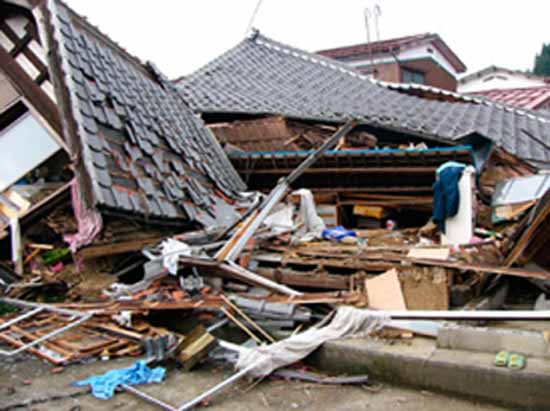Source: The Hindu, Special Correspondent, New Delhi, 31 March 2011
Even as Asia continued to be the favourite destination for investors parking money in clean energy projects rising sharply by 33 per cent, India continued its rise as top destination ranking 10th among the G-20 countries and China emerging on the top.
Private investments in clean energy in Asia touched $82.8 billion. In 2009, China led the world with $39.1 billion in private investment. In 2010, private investment grew a further 39 per cent to $54.4 billion — well above the region's growth rate putting China in number one position.
India continued its rise in private investment for clean energy, according to a new research released by The Pew Charitable Trusts. In 2010, India attracted $4 billion in private investments, ranking 10th among the G-20 countries. It also ranked 10th for five-year growth rates for renewable energy capacity and seventh worldwide in the amount of installed capacity. With a target of deploying 20,000 MW of solar generating capacity by 2020, the country is poised to further grow its share of this sector, the research pointed out.
Nations like India, China and Germany were attractive to financers because they have national policies that create long-term certainty for investors,” Phyllis Cuttino, Director of Pew's Clean Energy Programme, said in a statement here.
Even as Asia continued to be the favourite destination for investors parking money in clean energy projects rising sharply by 33 per cent, India continued its rise as top destination ranking 10th among the G-20 countries and China emerging on the top.
Private investments in clean energy in Asia touched $82.8 billion. In 2009, China led the world with $39.1 billion in private investment. In 2010, private investment grew a further 39 per cent to $54.4 billion — well above the region's growth rate putting China in number one position.
India continued its rise in private investment for clean energy, according to a new research released by The Pew Charitable Trusts. In 2010, India attracted $4 billion in private investments, ranking 10th among the G-20 countries. It also ranked 10th for five-year growth rates for renewable energy capacity and seventh worldwide in the amount of installed capacity. With a target of deploying 20,000 MW of solar generating capacity by 2020, the country is poised to further grow its share of this sector, the research pointed out.
Nations like India, China and Germany were attractive to financers because they have national policies that create long-term certainty for investors,” Phyllis Cuttino, Director of Pew's Clean Energy Programme, said in a statement here.

